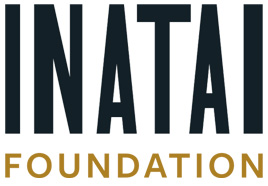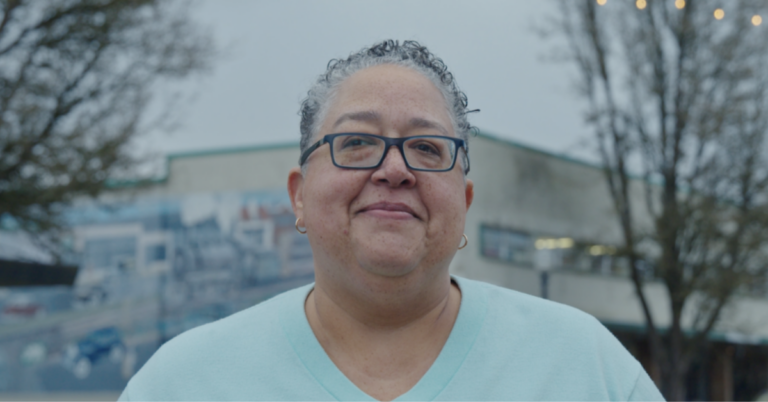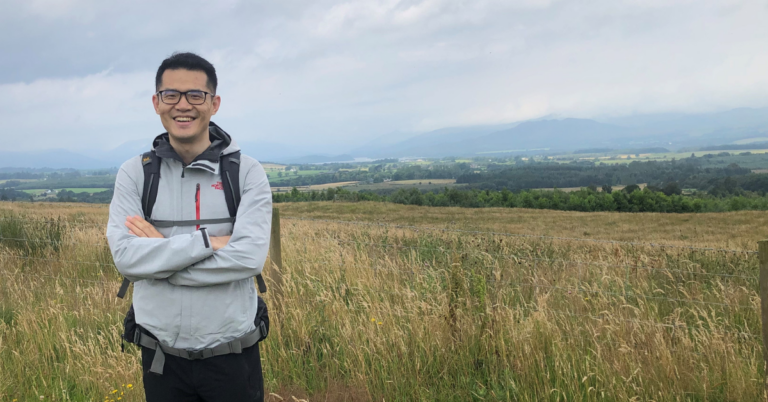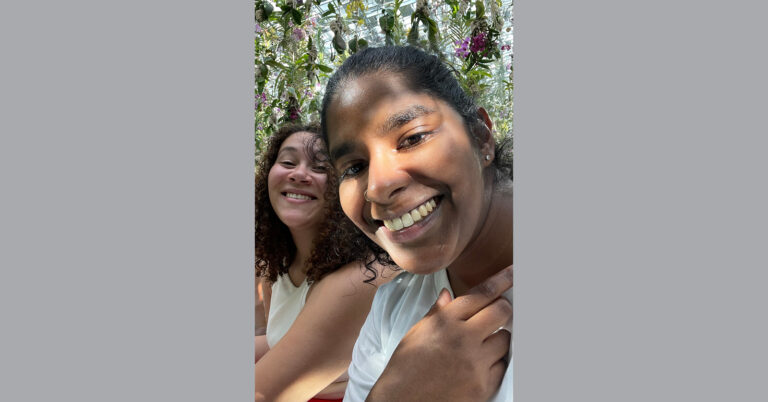Until Feb. 1, 2023, we were Group Health Foundation. This post was written under our former identity. To learn more about our new name, read our announcement here.
October marked my one-year anniversary with Group Health Foundation. When I was invited to serve as the CEO for the Foundation, I was filled with immense joy, a vast sense of possibility, and a bit of insecurity. The chance to shape a new foundation with an explicit focus on equity and an unapologetic commitment to advocacy and structural change felt like both a dream and an epic challenge. It helped that the Foundation was located in a state that I’ve loved for a long time—a place that is beautiful in a million different ways, with remarkable people solving complex problems in every community. A year later, I still have all of these same feelings, and my admiration for the people and this place has only grown.
As I have shared before, we are intensely committed to becoming qualified and trusted partners to leaders, organizations, families, and communities across the state. Learning directly from communities is at the heart of this work. During this past year, I have traveled extensively with our team to places in every county in our state to listen and learn. Every one of these visits has affirmed our belief that communities who have experienced the deepest inequities are best positioned to shape and lead solutions.
We have prioritized meeting with organizations created by and for communities of color, Tribal Nations, immigrants and refugees, LGBTQ+ people, persons with disabilities, and people experiencing poverty. We have also taken an intentional approach to consider the ways that geography impacts equitable access to philanthropy, ensuring that we spend time in small towns, mid-sized cities, suburbs, and rural communities. While I am proud of our commitment to listen deeply to communities, it is important to acknowledge that this is only the beginning. Being in relationship with leaders and organizations is our “forever work.” Our progress and success as a foundation is inextricably linked to the trust we cultivate with grantees and communities.
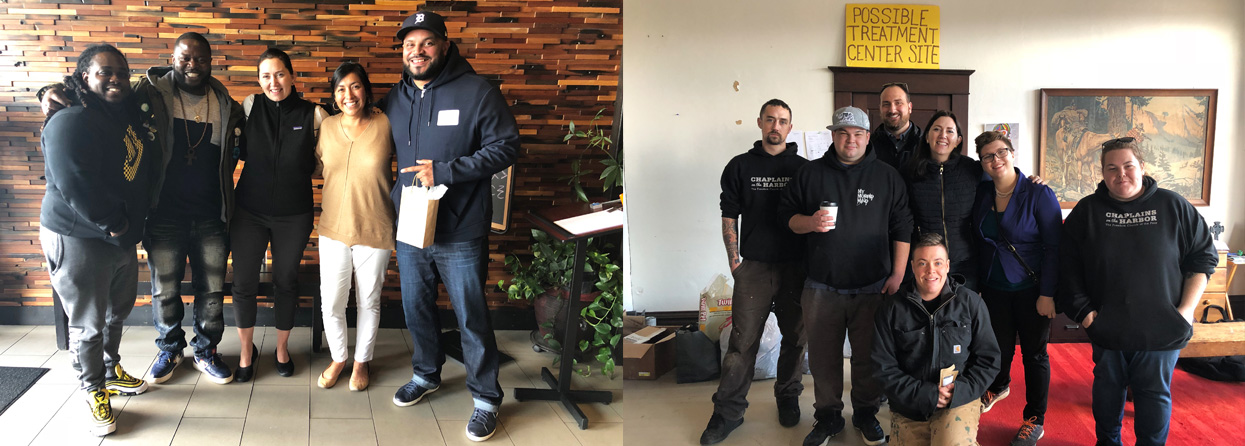
Group Health Foundation team members visiting communities across Washington and along our borders.
At the same time, I recognize that our engagement priorities have been a hard adjustment for groups and organizations that have historically had their voices centered by philanthropy. The notion of centering communities who are most impacted is often appreciated in concept and conversation. But when put into practice, it can create a sense of discomfort for people who have been accustomed to holding power, privilege, and decision-making on behalf of others. We acknowledge that this has been unsettling, and even painful, for those who have traditionally had the authority and access that leads to philanthropic support. In an effort to live our commitment to equity, we are proactively interrupting the status quo.
The recent launch of our Event Sponsorships and Community Learning Grants marks our first wide-reaching venture into grantmaking. The spirit of these early grants is to build relationships and learn about the work and aspirations of people-centered and community-led organizations and coalitions. To honor the advice we’ve heard, our Community Learning Grants will be multi-year, general operating grants. Over the coming years, we will intentionally expand our grantmaking and continue to prioritize organizations that have been systemically excluded from philanthropy.
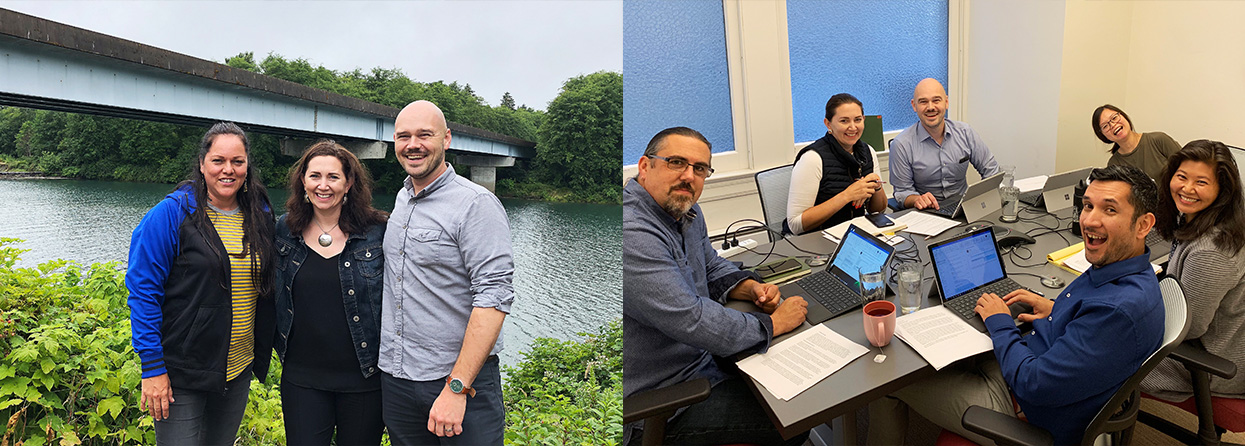
Left: Our gratitude to Alaina Capoeman from the Quinault Indian Nation, who spent a couple of days with us visiting the towns of Tahola and Queets. | Right: The grants team kicked off the launching of the Community Learning Grants by hosting a webinar with over 400 potential grantees around the state.
We know that Washington is not alone in the need to acknowledge our past and present behaviors of oppression and injustice. We have been amazed by the willingness of so many Washingtonians to openly share the ways that historical trauma, racism, and injustice impact their everyday lives. We are looking forward to honoring some of the Foundation’s first teachers next month by sharing a report that highlights the insights we’ve gathered from community leaders this past year.
As an organization, we are planning for continued growth and organizational change that reflects the needs of Washington’s people and future. We have been building our team with community voices in mind. We grew from six to 16 employees in the past year, and anticipate a similar rate of growth in 2020. We are expanding our operations, finance, investment, and human resources infrastructure, and developing an intentional organizational culture that is rooted in our values. We have also determined that we will open offices around the state and, when possible, offer the opportunity for employees to work remotely. As a statewide organization, we believe this is a critical step that will enable us to recruit staff who reflect our communities and make grants that support communities’ highest aspirations.
Growing up in rural Washington, I remember vividly the ways that inequities were manifested and compounded by a romanticized story of rugged individualism. I know a different Washington today—one that is willing to reckon with our past and the reality of what communities are facing as a result of that history. I am inspired by the people across this state who are reimagining systems, structures, and models of leadership that will shape a more just and equitable future for everyone. I look forward to the year ahead with hope and anticipation.
